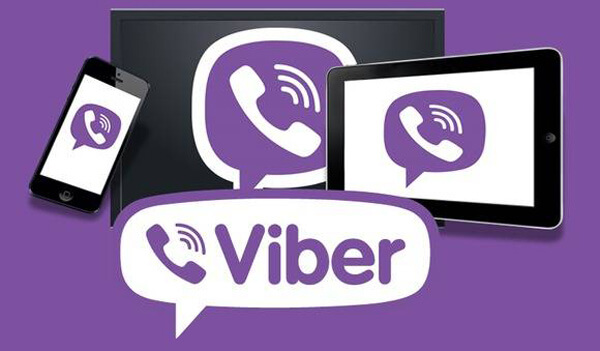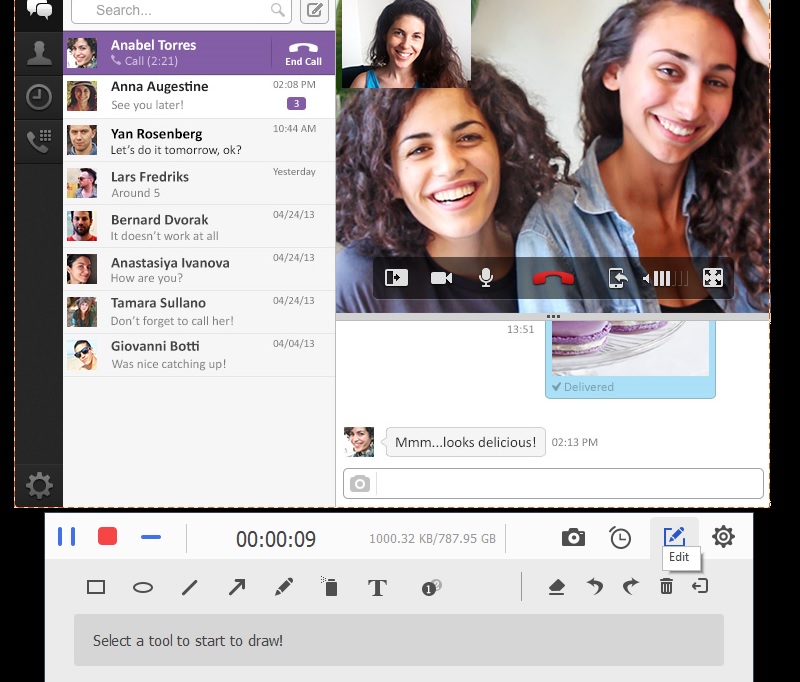

Apps on devices with Android 9 and earlier should still be able to record phone calls without bumping into Google’s latest restrictions. The version of Android installed on your phone also plays a role in all this. Others have since taken to sideloading call-recording apps through an APK file rather than downloading them directly from Google Play. In the past, people were able to find workarounds to Google's block, such as changing the audio source or format, turning the speaker volume as loud as possible, recording manually instead of automatically, and even rooting their phones. “For example, recording audio or recording calls made to the phone, or stealing app data.” “Behaviors that can be considered as spying on the user can also be flagged as spyware,” Google said in its developer policy. The company has even gone so far as to label call recording a type of spyware. That policy went into effect on May 11, 2022.

But Google then updated its developer policy in April 2022 to state that it would not allow apps in the Play Store to use the accessibility service for call recording. In response, many app developers started tapping into Android’s Accessibility Service to record phone calls. With Android 10, Google cracked down even further on these types of apps by blocking call recording via the microphone. The apps seemed to work, but when you would play the recording, you’d hear only silence or just your end of the conversation. With Android 9, the company added limitations that prevented many apps from recording your phone conversations. Google has never been particularly fond of call-recording apps for Android, at least not those from third parties. You can always use an external recording device, but there are also several on-device options, from Google Voice to third-party apps. While Google's own Phone app offers a recording feature, whether or not it works depends on your carrier, region, and other conditions. Recording phone calls on an Android device can be a challenge.



 0 kommentar(er)
0 kommentar(er)
